If Only They Were Public…
There are certain companies that I come across daily and think “hmm…I wonder if this company is publicly traded”. Most of the time they are (or at least their parent company is) but some are not; these are private companies.
In its simplest form, a private company is one that does not offer publicly traded stock. This means you can’t buy shares in that business from a regular, average Joe brokerage account (ie. E-Trade, Ameritrade, Fidelity etc).
There are other distinctions between public and private companies but that is the most notable and relevant to the article.
Below is a list of twelve private companies that I wish were public!
1. Chick-fil-A
I am certain others feel the same. There hasn’t been a single time where I drove past Chick-fil-A, and it wasn’t packed. The drive-thru is always filled with hungry customers who want chikin!
While many private companies are not required to disclose their financials to the public, the fast-food chain made at least $500 million last year alone (it was likely a lot more). One can only assume that this number will continue to rise as the restaurant industry emerges from COVID-19.
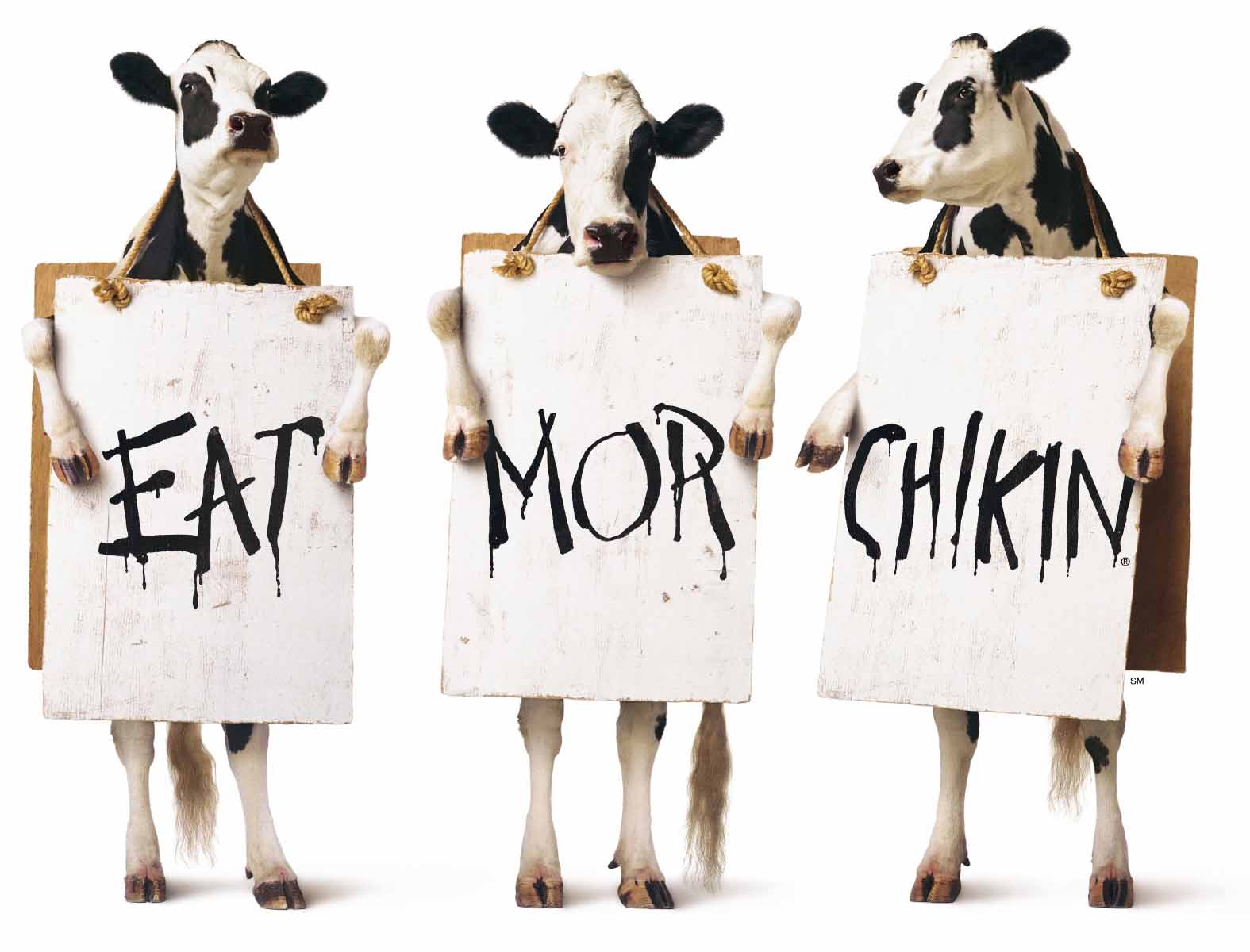
Chick-fil-A has become a household name in the restaurant industry and is one of the most recognized brands in the world. This is a company that will be around for a long time and I have to admit I am a loyal customer.
Needless to say, if they had an IPO (Initial Public Offering) coming up, I would likely invest.
Note: An IPO is when a company offers shares of stock to the public (including people like you and me).
2. Mars
Twix, Snickers, M&M’s, 3 Musketeers, Milky Way.
Those are a few of the candies that Mars manufactures and sells. Every time I am inside a gas station, grocery store (or any other store for that matter) I am surrounded by Mars. It’s like an alien invasion.
Their most recent financial filing indicates that their revenues in 2019 were $35 billion. Similarly to Chick-fil-A, it’s safe to assume that this number has gone up a few years later (although, probably not as astronomically as Chick-fil-A).
This company has been around for 110 years and has a sizeable moat.
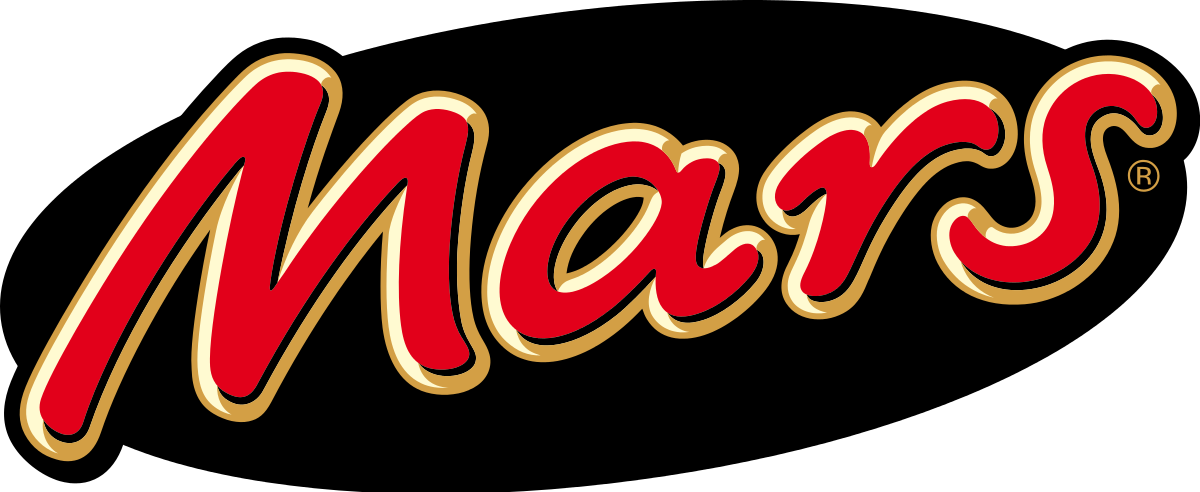
A moat is how much of a competitive advantage a company has over its competition. In other words, the larger the moat, the harder it is for competitors to seize market share.
Mars is a juggernaut. They have dozens of diversified brands under their umbrella and something equally important, very funny Super Bowl commercials.
If you thought Mars just had it down pat with the human food, think again!
Mars also owns some of the largest pet food brands in the world. Pedigree, Iams, Cesar, and Temptations are just a few of them.
If Mars became a publicly traded company they would be one of my favorite “buy and hold” investments ever. I wouldn’t consider selling a single share until my hair started turning gray.
Unfortunately, I don’t think they have plans of taking the company public any time soon.
Here’s the bottom line; most people love to eat candy. It is inexpensive and no matter how bad the economy gets; people will still be able to afford candy (and of course food for their pets).
Fun Fact: The Mars family still controls the company today and they haven’t been doing all that well lately. They are only the third richest family in America.
3. Wrigley Company
Speaking of Mars, one of their subsidiaries is the Wrigley Company.
Wrigley is the world’s most renowned chewing gum company with a wide portfolio of familiar brands.
Big Red, Juicy Fruit, Spearmint, Doublemint, and Altoids are among the most recognizable.

While this line of business likely does not have a lot of growth ahead, it does have stability.
The amount of people buying gum won’t change with the economy. Gum is cheap and consumers probably won’t stop buying it if the economy goes into a freefall.
4. Kohler
A mass producer of toilets, urinals, baths, kitchen products (among other household products), Kohler is a company that you likely have used thousands of times without even knowing.
The company has been around since 1873.
Kohler’s core business is fairly recession proof by nature which is a major point of attraction for me. Everyone needs (and will need) toilets and appliances.

Kohler is truly a global brand. They serve the US and do a lot of business in Europe and India.
The global nature of their brand gives them an inherent moat. It should be mentioned, however, that while Kohler is a leader in its industry, they play in a very competitive industry.
In 2020 their revenues were approximately $7 billion. People are going to continue to need all of the products and services Kohler offers and if a company has been around for over a century, they must be doing something right!
Speaking of competitive industries, bring in the restaurants!
5. Landry’s
A company that was previously public but turned private is typically hard to find. BUT, Landry’s falls into this category.
Owning and operating over 600 restaurants across the country, Landry’s is home to some of America’s most iconic dining brands. Some of these restaurants ought to ring a bell: Bubba Gump Shrimp, Fisherman’s Wharf, Saltgrass Steak House, Morton’s, and of course, Rainforest Cafe.
I have been to a few of these restaurants and have not had a bad experience. While admittedly this is an emotional and biased pick (not a good reason to want to buy stock!), I am nonetheless a consumer (so to speak).
The most recent data (2017) pegs Landry’s annual revenue at $4.7B.
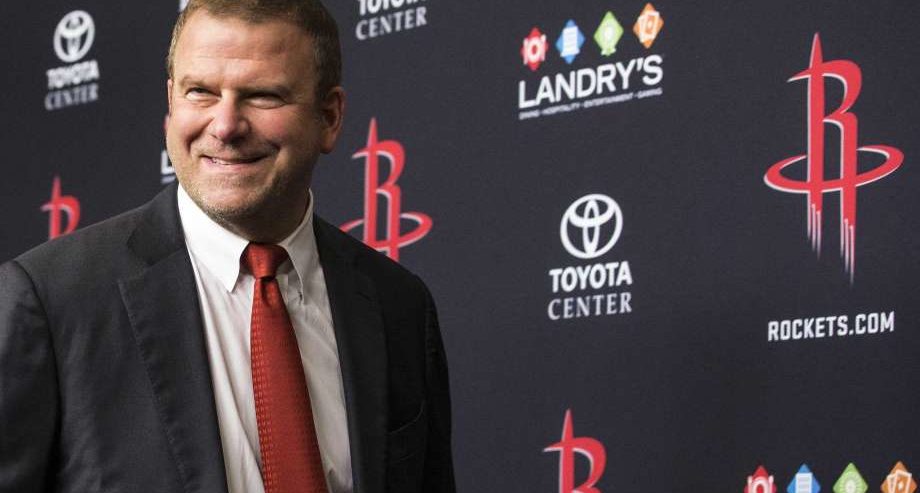
A big differentiator that gives Landry’s great advantage is that their dining experiences are diversified; they appeal to the masses not the classes. They have fun restaurants like Rainforest and Aquarium as well as upscale dining establishments like Morton’s or Catch.
Side Note: Here is a link to the founder and CEO of Landry’s book, “Shut Up and Listen!”. It provides some excellent insight into running a business.
6. Portillo’s
Another biased favorite of mine is the restaurant chain with the best fries (seriously try them). Portillo’s has 60 locations (and growing) across the country with a heavy concentration in the Midwest. This pick is similar to Landry’s in that their food is delicious, and I have yet to have a poor experience.
Portillo’s also tends to be absurdly busy no matter the time of day.
In 2017 they did $339 million in revenue and I am sure that number has been growing in the last few years (excluding COVID).
While Portillo’s is one of the smaller companies on this list, they are a great restaurant chain with quality product!
It looks like dreams do come true!
7. Buc-ee’s
Wouldn’t you want to own stock in a company that puts a beaver face on cheap, every day products and sells them for a premium because of it? I know I would!
A soccer ball that costs the company thirty cents landed turns around and sells it for five dollars because there is a goofy looking animal on the face of it.
Capitalism at its finest!
Buc-ee’s is a gas station chain with most locations in Texas, but also has stores in Alabama, Georgia, and Florida.
It’s actually a little more than a gas station; it’s a GINORMOUS gas station attached to what is basically a mall filled with convenient store food and apparel that has been “Buc-ee-fied”.
From t-shirts to blankets to freshly made pulled pork sandwiches (and a deli), they have a gigantic selection of stuff that a lot of people don’t need but buy anyways because well… it’s Buc-ee’s!
Buc-ee’s is a very fun place to be. More importantly, it is easy to spend a lot of money at a Buc-ee’s in a short amount of time.
In 2017, the company did approximately $275 million in revenue. I am sure they are doing extremely well five years later.
8. Koch Industries
You might be familiar with the infamous Koch Brothers; they are really rich.
Long story short, their father, Fred Koch, founded an oil refinery which eventually grew into the second largest private multinational corporation in the world.
After their father’s passing, Koch Industries was inherited by his sons. Unfortunately, Charles assumed sole ownership sooner than he expected after his brother David passed away.
The company has a long line of businesses ranging from energy and petroleum to spandex.
One of Koch’s largest subsidiaries is Georgia-Pacific. They are one of the world’s largest distributors of multiuse paper products.
You know when you go to a restaurant and after you use the bathroom, you wash your hands and put them under a soap dispenser with a sensor? That’s usually their machine.
Also, you know the paper towels you use to dry off your hands? That’s usually them too.
Oh and they also own Dixie and Quilted Northern.
In 2019, Koch Industries reported $115 billion in revenue. Yeah, with a B.
They would likely be at the top of my private to public wish list because their holdings are so diversified and their products are necessities.
In fact, many of the products their subsidiaries provide are required by law.
It will be very hard for Koch to go out of business.
Unfortunately, I don’t think Koch Industries will be a public company any time soon.
9. Reyes Holdings
Reyes is one of the largest privately held companies in the world with annual revenues in 2020 around $27.8 billion.
What do they do? They are a global bottling company and distributor for some of the world’s most well-known brands.
They make the drink cups for McDonald’s and Chipotle.
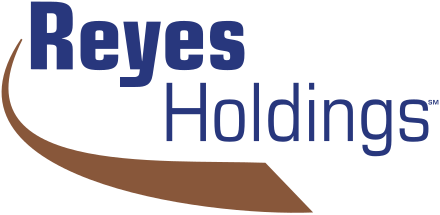
They make bottles for Coke, Sprite, Powerade, Fanta, Smartwater, and major beer brands too (Blue Moon, Heineken etc…).
The company is diversified by nature and already has a nice chunk of market share (great moat). If you are holding a drink in your hand at a fast-food restaurant or a ball game, there is a good chance it was distributed and/or made by Reyes.
This company is recession proof in that people won’t stop getting drinks at McDonald’s or from a vending machine at school or at the gym.
Soft drinks are relatively inexpensive and as history shows, companies like Coca-Cola tend to outperform most during periods of recession.
They also make the boxes that hold your fries at McDonald’s. Whenever I go to McDonald’s, I tend to order fries!
10. SC Johnson
If you have walked through the cleaning section of any retail store, you have either bought or seen SC Johnson products on the shelves.
I can almost guarantee that SC Johnson products are living somewhere in your kitchen cabinets.
You and your parents have at one point or another, likely this week, used one of their products without even knowing. After all, they are a “family company”!
Not only does your family use the products, but the Johnson family has maintained ownership of the company since inception in 1886. The company has thrived over time, at the end of 2020 reporting revenues of approximately $10.5 billion.
Here are some of the brands you may be familiar with under SC Johnson: Glade, Drano, Windex, Pledge, Scrubbing Bubbles, Raid, and Ziploc.
From killing bugs to bacteria, SC Johnson is well positioned to stay around for a while.
Side Note: I don’t have as much conviction in this company as I do with other previously mentioned businesses.
However, if SC Johnson decided to issue public stock I would likely buy a few shares.
11. Henry Crown and Company
Speaking of family companies, you can’t get much closer than investing in the family themselves.
Henry Crown and Company was founded in the namesake of the great industrialist, Henry Crown.
Ok, story time!
Crown was a business pioneer in the 20th century, founding Material Service Corporation (a brokerage that handled sales of gravel and sand). Eventually, MSC became a real estate giant as Crown began building properties and facilities for mining and other commercial activities.
After surviving the Great Depression, MSC merged with General Dynamics (a publicly traded company). While General Dynamics eventually kicked Crown off of the board and bought out his stake, it was probably the best thing that happened to him.
Crown picked himself back up and took advantage of the Depression. He bought when everything was cheap. From stocks to fleets of tow trucks, Crown ventured out once again.
It paid off.
Fun fact: Crown was instrumental in creating the infrastructure for Chicago’s famous El train rail system.

After his temporary turmoil, he became the largest shareholder of General Dynamics after the economy crashed (he bought A LOT of General Dynamics stock).
Henry was back in control and the rest is history.
He eventually died in 1990 at the age of 94. His assets are now controlled by his family members.
Today, the Crown family owns and operates A LOT of different business interests.
The Chicago Bulls, New York Yankees, Aspen Skiing Company, Rockefeller Center, and of course, a stake in General Dynamics is a few of their main assets.
This company is the most likely to not ever go public. It’s probably only structured the way it is so the Crown family can hold their assets in a tax-friendly fashion.
However, if Henry Crown and Company was publicly traded, it would be a stock I would love to buy now and check the price later when I’m 50.
Many of their assets are tied to real estate (which I like), of which are heavily concentrated in iconic structures and venues in Chicago (which I like a lot).
No matter how bad the economy gets these assets will continue to work for them. Trains will still screech on tracks and the value of both property and the iconic sports teams they own stakes in (and the real estate associated with the teams) will appreciate over time.
Did someone mention sports teams?
12. Arsenal FC
Rumor has it that the current owner of one of the most valuable soccer franchises is considering selling for the right price.
Daniel Ek, one of the founders of Spotify recently bid $2.5 billion to buy the team. He was subsequently rejected.
Maybe a few of us can get together and make a bid for the team?
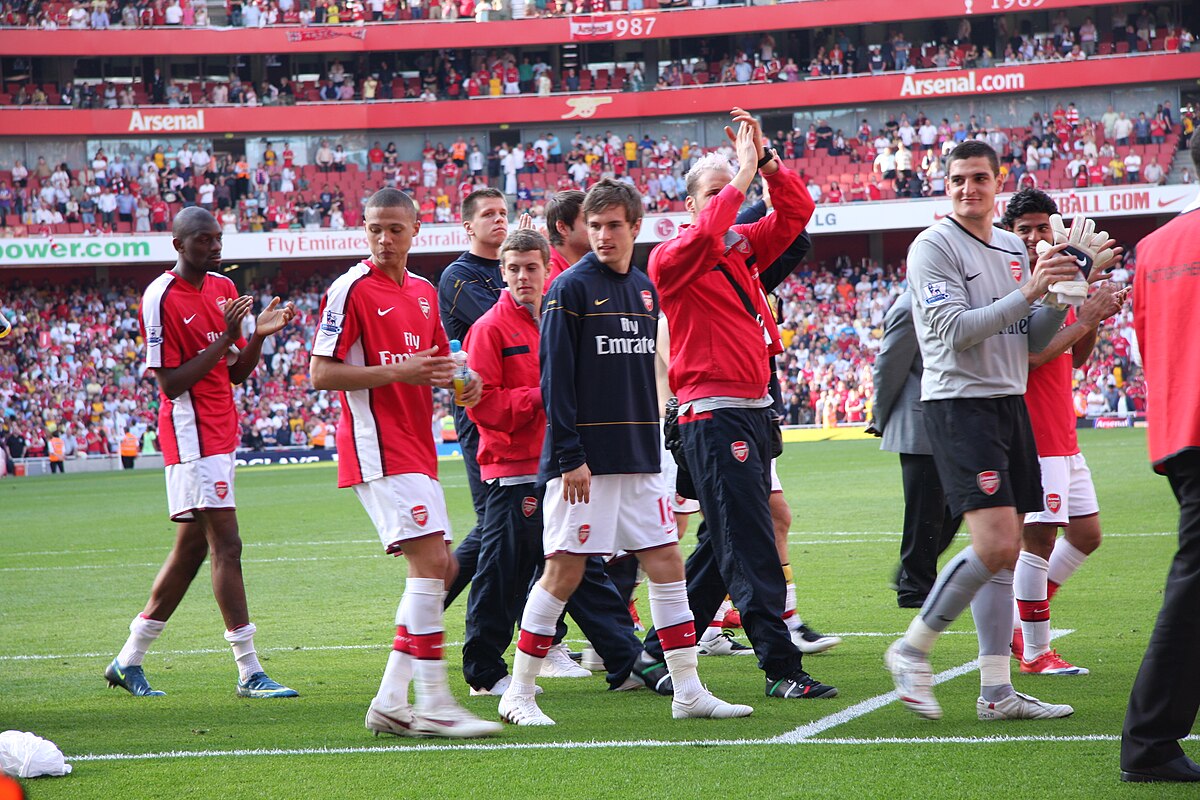
I am sadly kidding (unless one of you has a few billion dollars laying around!)
Conclusion
While we can’t buy shares in most of these entities, you never know what the future holds.
Maybe Mars will decide to issue public stock so regular investors can participate in their profits and business growth.
Many (if not all) of these companies have one thing in common; they are relatively recession proof. These companies are either low cost consumer businesses that are American staples or simply companies that provide what people need.
From faucets to Chick-n-Minis, we all need it (especially the latter).
While these are not companies that you can expect instant growth from, they will likely be around for centuries to come and you’ll sleep like a baby knowing your money is invested in them.
Let me know which private companies you would like to buy stock in by emailing me at macrohint@protonmail.com. There are a lot of good companies out there that are not publicly traded but are very profitable and make their inside stakeholders a lot of money.
If you have any questions or thoughts please feel free to reach out by emailing macrohint@protonmail.com or fill out the form on our Contact page.
Stay informed and take the hint